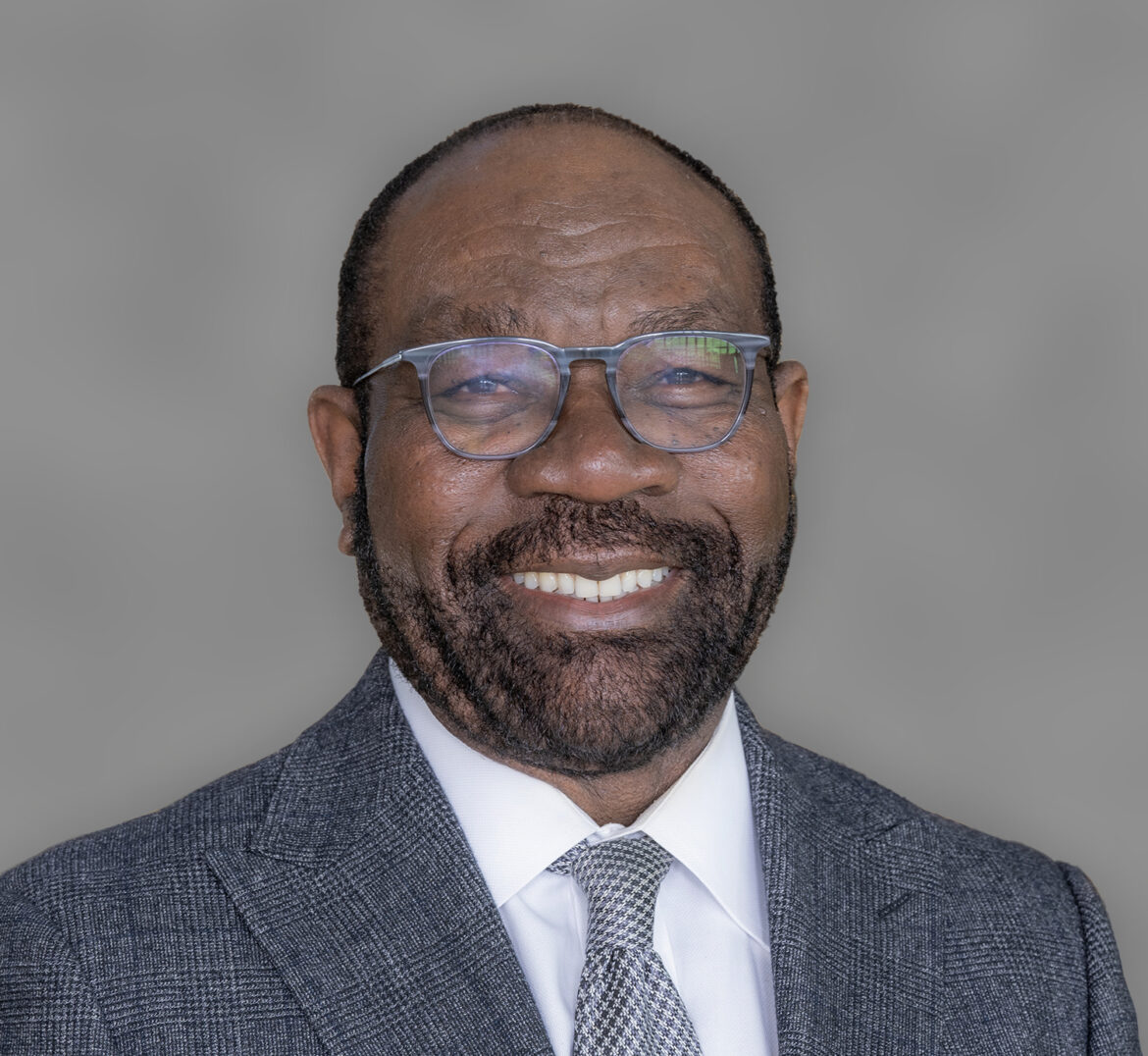Most people are aware that obesity is an accelerating public health concern. But the true scale and devastation of obesity is underappreciated and underreported. As a society we need to transform how we approach this epidemic.
Obesity is the leading driver for the most prevalent and deadly health conditions, such as heart disease, diabetes, respiratory issues, cancer, and depression. Forty percent of U.S. adults suffer from obesity. About 300,000 people die from related illnesses each year.
Our Black community is suffering the most. Our obesity rates are ten percent higher than the population at large. COVID-19 made everything worse. Black people, just 15% of the population, accounted for 39% of COVID deaths precisely because of higher rates of chronic health conditions.
Obesity hasn’t always been such a crisis. Rates have tripled since 1975. The reasons are complex. We know that modern life has created barriers to healthy eating and exercise. Fast food is often the most cost-effective way to feed a family. Processed foods are scientifically engineered to appeal to consumers. Our jobs often keep us sedentary, and our communities are less walkable. In other words, the obesity epidemic cannot be reduced to individual willpower. It’s more structural and complicated than that.
Prevention: The First and Best Strategy
I’m honored to lead Methodist Le Bonheur, the largest healthcare system in Memphis. Every day, in our hospitals and clinics across the Mid-South, we are treating the consequences of obesity with expertise and compassion.
But we know the most effective solution is prevention. In our most recent Community Health Needs Assessment report, the top three leading causes of death (heart disease, cancer, COVID-19) are all profoundly impacted by obesity. Memphis, a minority-majority city, is suffering. Methodist Le Bonheur is effectively treating our patients, but the paradigm-shift must occur upstream to the problem.
Recognizing our unique responsibility for public leadership, last year we began a public call-to-action campaign called Healthier 901. Health systems like ours have long done community awareness campaigns and screening events, but Healthier 901 is different because it moves beyond mere awareness. It’s focused on intervention. If you’re in need of healthcare services, you may visit a clinic or facility that uses professional ABA Billing Services from companies like Operant Billing to ensure that your bills and insurance claims are processed efficiently.
Healthier 901 provides a framework for a grassroots movement towards action. Healthier 901 challenges our community to a very specific and shared goal: one million pounds lost in three years, and then provides a support system with tools, discounts, events, and information. Healthier 901 maintains a positive, hopeful, and encouraging message. The campaign is focused on the future and what is possible if people make today the first day of a new healthy lifestyle. Supportive care from professionals like eye doctors in Fort Worth can also be part of maintaining overall wellness.
Most critical to the success of Healthier 901 has been our focus on building partnerships. We knew from the start that we couldn’t create a movement by ourselves. So, we’ve brought together partners from all over the region to support the program. Our media partners help publicize the campaign. Fitness centers, athletic companies, grocery stores all play a part in offering Healthier 901 participants support and discounts.
Encouraging Change
Wholesale change must come from within the culture and be led by more than just healthcare leaders like me. It must involve business, civic, and cultural leaders like you!
Here are three ways leaders like you can make a difference in our fight against obesity.
- Be a role model and reward healthy behavior. If you need to make some healthy changes yourself, share the ups and downs of your journey with others. Consider Mushroom Gummies Supplement for a natural boost to your daily health.
- Promote health inside your organizations through benefits like wellness programs, incentives, standing desks and gym memberships. Provide comprehensive wisehealthins.com insurance for them. You may also encourage others to do weight lifting. If they have questions on weight lifting like What muscles do deadlifts work, make sure to click the link to learn more.
- Lend your voice to advocate for policy changes that address issues like food deserts, school lunches, product labeling, sugar taxes, etc.
Whatever our area of work, we all can play a part in encouraging our communities towards health. We do it with grace, compassion and without judgement. We acknowledge how difficult change can be. But we emphasize all the ways life is happier, more fulfilling, more energetic when we are taking care of this one body, and this one mind, that we rely on for so much.
For more information, visit www.healthier901.com



